Jordan’s First Female Power Executive
USAID’s Engendering Industries program supports partner Reem Hamdan to become the first woman power executive in Jordan’s history
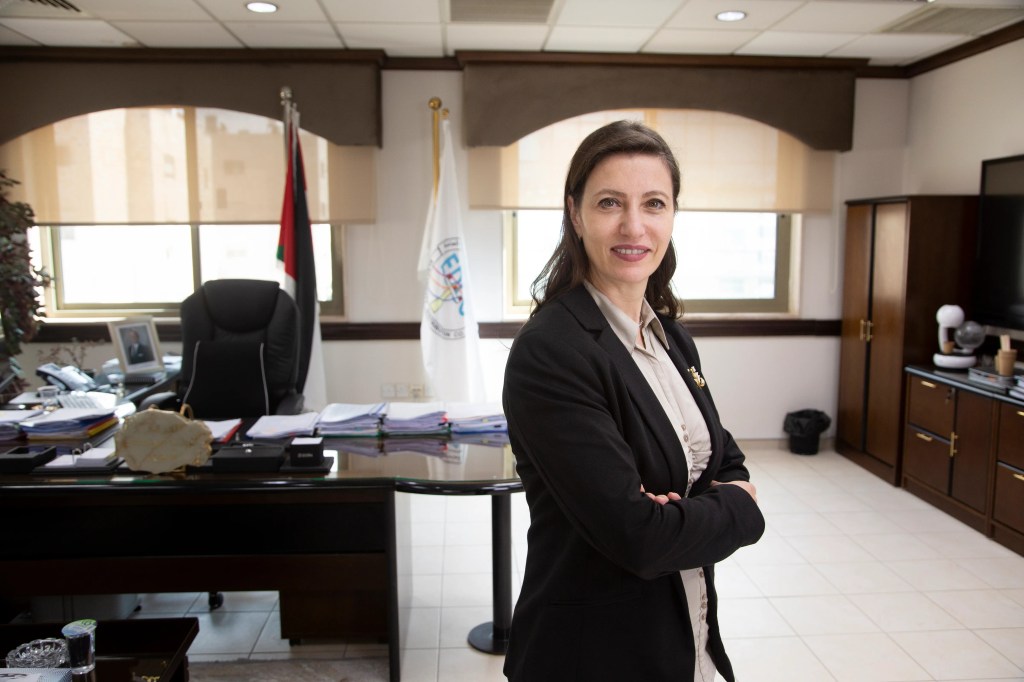
By Alec Jacobson, Communications and Learning Specialist for USAID’s Engendering Industries Program
For centuries, the King’s Highway was a thriving trade route connecting the cities of Alexandria, Jerusalem, and Damascus. Today, it’s the slow road across Jordan.
Reem Hamdan first drove this desert road in 1993 when she joined Jordan’s Electricity Distribution Company (EDCO) as a young female electrical engineer working in the utility’s conservative southern districts. It was a lonely landscape.

“I was the only female engineer, and, at that time, my manager refused to train me,” Reem remembered. “He said, ‘I’m not wasting my time [with you]. You won’t last two months.’”
Almost 30 years later, Reem reflects on the experience while sitting in the chief executive’s corner office in Amman: her office.
In 2021, with the support of USAID’s Engendering Industries program, Reem became the first woman in Jordan’s history to assume the role of Director General at a power utility. It was a hard-won seat at a powerful table. From where she now sits, she manages a staff of 1,500, sets the utility’s agenda, and receives parliamentarians and other influential state actors who rely on her expertise to inform them on issues affecting the country’s energy industry.
“I had always managed to survive workplace hardships, but there was a particularly difficult time when I began to consider early retirement, and Engendering Industries taught me that I can persevere,” Reem said. “Engendering Industries kept me going because I learned that what was happening to me happens to women worldwide. I learned that there were strategies for people and companies to overcome these challenges.”
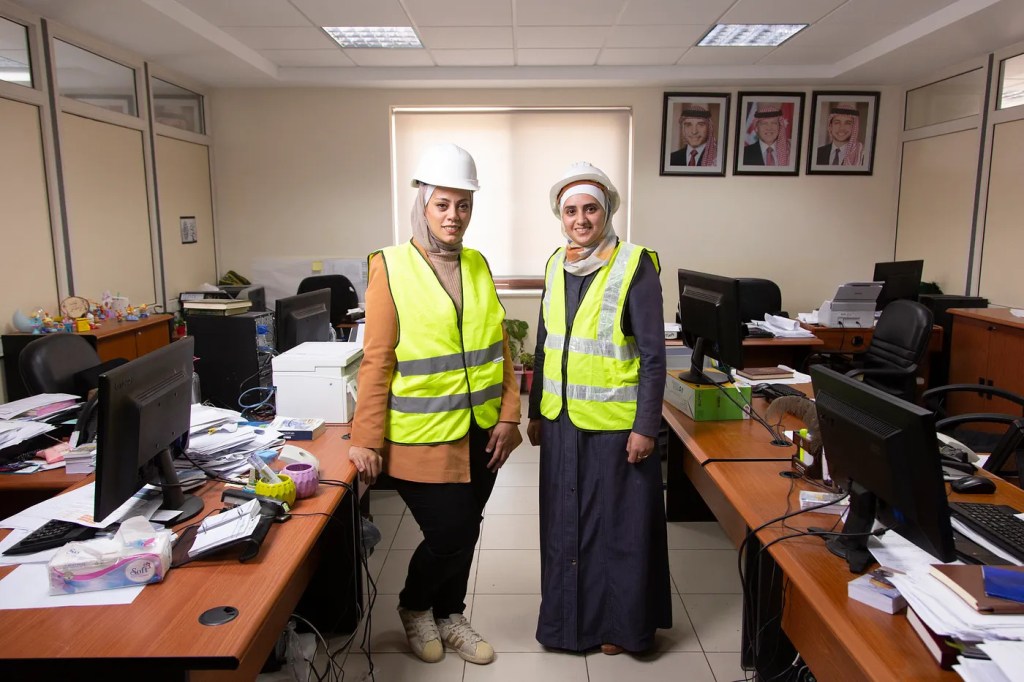
Over her 30-year career, Reem would have many experiences as the the only woman in the room, the only woman in her division, the only woman at the top. Conservative ideologies, cultural norms, and deeply embedded gender stereotypes prevent women from entering the Jordanian workforce.
For women who break in, these same challenges block their professional advancement. As a result, the female labor force participation rate in Jordan is lower than neighboring Saudi Arabia, Lebanon, and Palestine. Yet Jordanian women are highly educated, representing more than half of college graduates. Moreover, two-thirds of Jordanian women assert that they want to work. Still, less than 15 percent are formally employed, and most leave the workforce once married.
Reem experienced these barriers firsthand.
As a new electrical engineering graduate, Reem applied to the Jordanian Electricity Authority. Twenty applicants advanced and were asked to take exams. Reem, the only woman, received the highest score in the group.
“While my results couldn’t be denied, they tried to discourage me,” Reem remembered. “They told me the only open position was in the southern part of the country; I would have to commute four hours a day. I told them I had no problem with this. Then they refused to train me. So I trained myself. I read everything. Books. Manuals. I would not be deterred.”
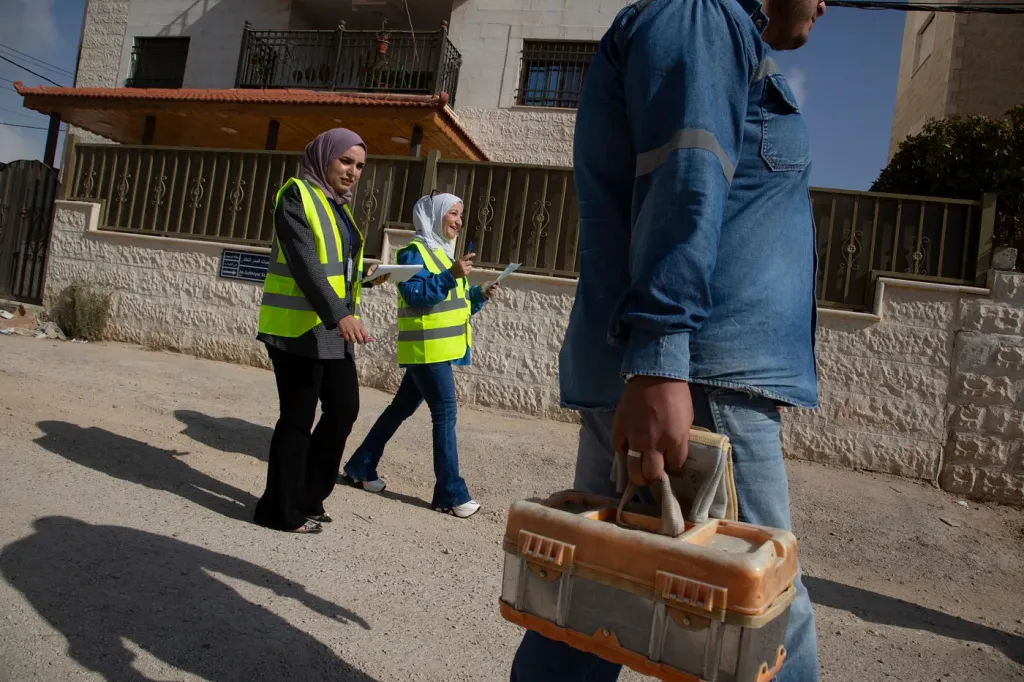
Determination alone, however, rarely gets women to the top; a reality Reem learned from experience. Reem joined USAID’s Engendering Industries program in 2015. As the name suggests, the program supports organizations in male-dominated industries to increase economic opportunities for women and improve gender equality in the workplace in companies around the world.
With the support of an Engendering Industries change management coach, Reem and her colleagues systematically applied the program’s methodology across the organization. The team used surveys to gauge employee satisfaction and to gain a greater understanding of the unique challenges facing women in the company. Engendering Industries supported EDCO to collect data about staff composition by gender, shining a light on divisions of the company where women were underrepresented, then tailoring solutions to get more women into strategic roles.
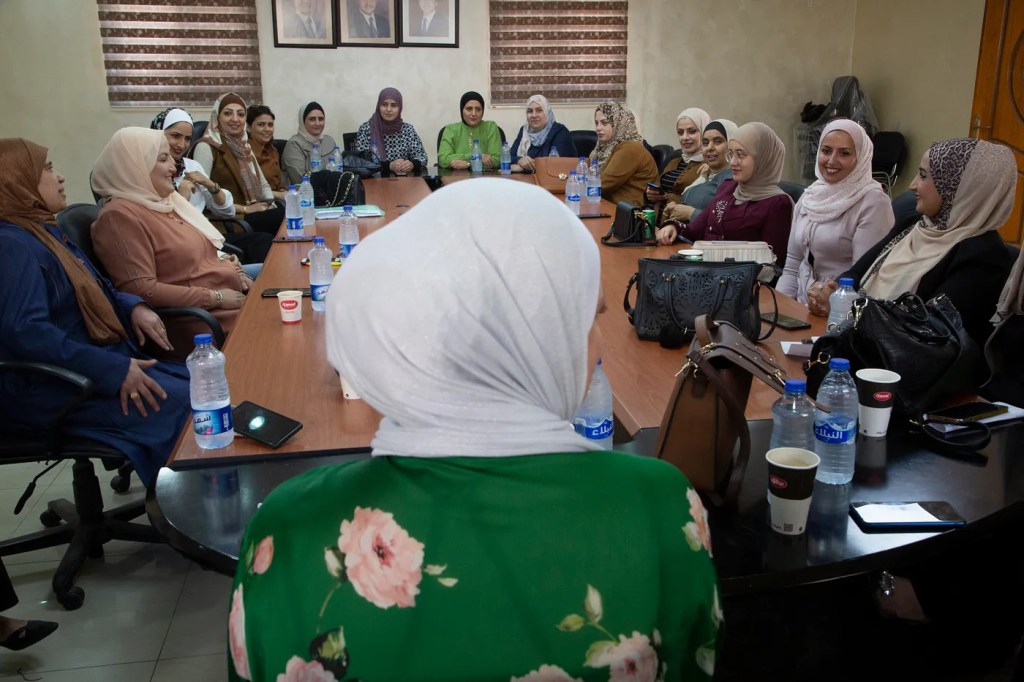
EDCO also held the first leadership training for female employees and organized networking events at headquarters to bring the company’s women employees together to build relationships and foster their networks. The team developed a proposal to fund childcare for employees to enhance work-life balance to retain and advance the careers of women employees.
Today, the proportion of women at EDCO has increased by over 20 percent over the last seven years. EDCO’s gender equality initiatives also withstood the pressures of COVID-19. By the end of 2021, 75 percent of female Jordanian job seekers were unemployed, yet EDCO maintained a high rate of hiring women, with 60 percent of all new hires being female.
Reem and her colleagues can’t point to one activity that created sudden, catalytic change. The cumulative effect of years of action to advance gender equality, however, is evident. Reem looks forward to continuing to advance gender equality at the organization and encourages women to persevere.
“Work hard, be persistent, and have patience,” Reem said. “Don’t give up easily. If I gave up five years ago, I wouldn’t be the general manager today.”
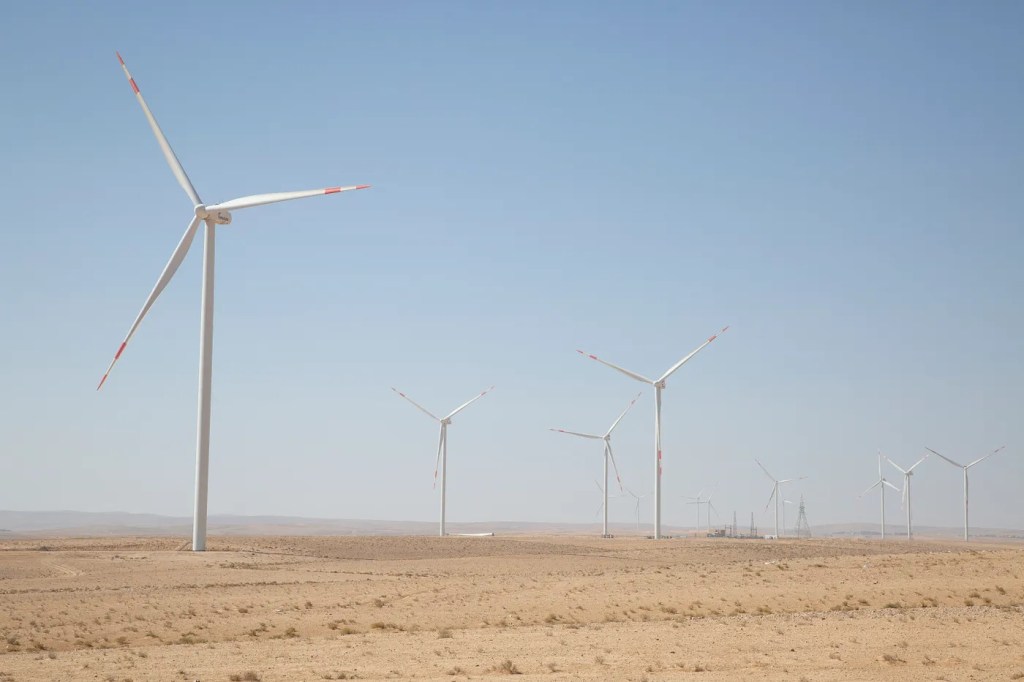
About Engendering Industries
USAID’s Engendering Industries program collaborates with companies to develop a unique business case for advancing gender equality at the organization, articulating how retention, revenue, and profitability could increase as gender equality increases. Using the business case as an advocacy tool, Engendering Industries generates buy-in from top executives, trains company staff, and coaches the organization to implement proven interventions that nudge gender equality forward at each phase of the employee life cycle. Companies set gender equality goals, define targets, and develop policies to advance gender equality. At each step, Engendering Industries supports partners to collect data, track progress, and make evidence-based decisions.
Since 2018, Engendering Industries partners have hired and promoted more than 7,300 women. In 2022, over 80 percent of Engendering Industries partners promoted women at the same rate as men, and more than 28,000 women were trained on technical and soft skills to advance in their careers. Today, nearly half of Engendering Industries partners report business performance improvements, which they explicitly link to gender equality advancements.
Engendering Industries partners with three utilities in Jordan: Electricity Distribution Company (EDCO), Irbid District Electricity Company (IDECO), and Miyahuna, a water company. Since joining the program in 2015, IDECO has increased the proportion of women by 55 percent. Miyahuna, which joined Engendering Industries in 2020, has hired 15 percent more women since joining the program.
